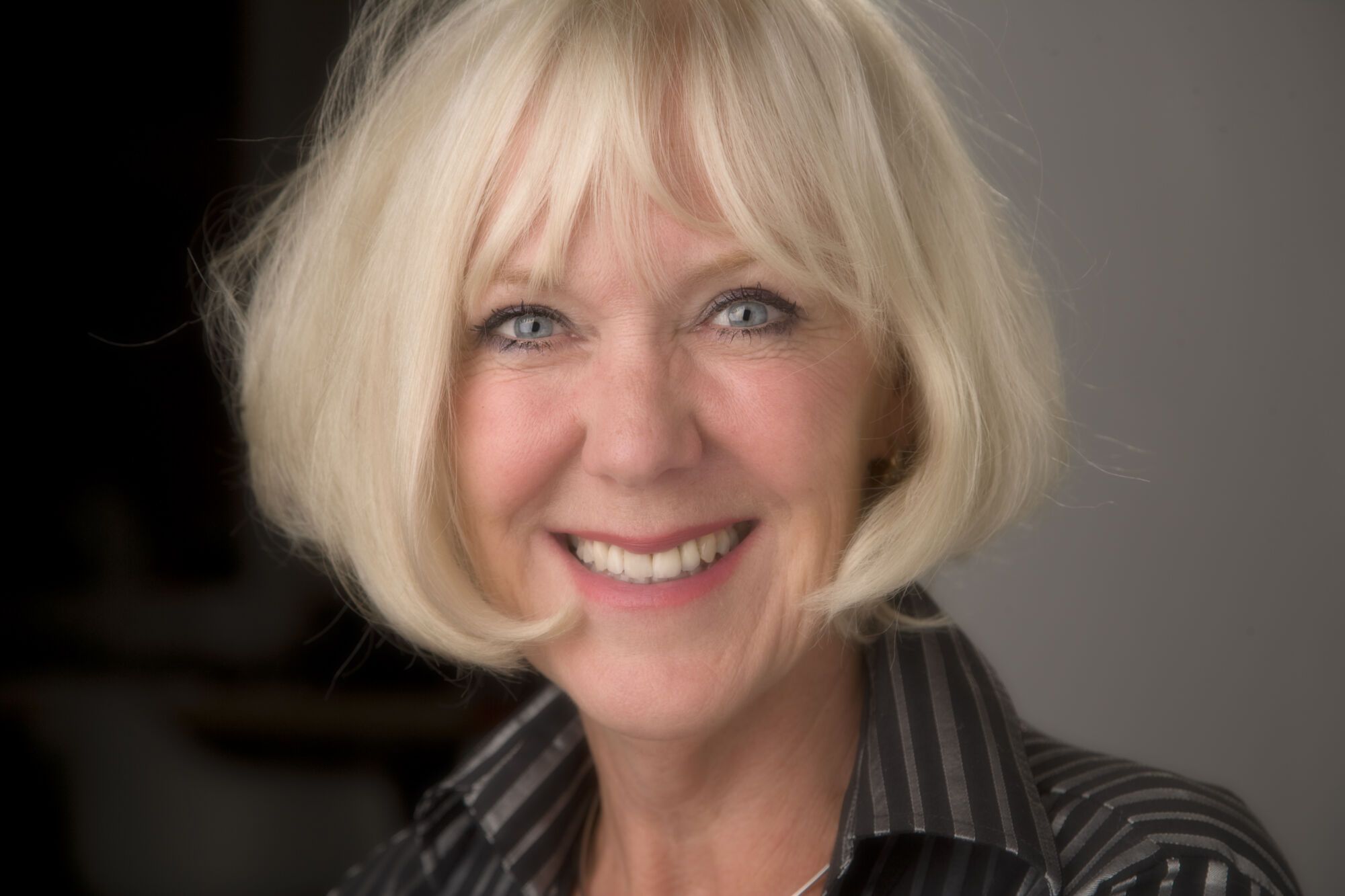It’s not easy being an immigrant in Denmark, especially since the 9/11 terror attack in 2001 that saw right-wing Dansk Folkeparti sweep into the political limelight.
Since then, new governments have passed new laws, some retroactively, some not, and the Danish Immigration Service, on which immigrants rely on to provide correct and updated information, is a bureaucratic quagmire of seemingly perpetual restructure and illogical decisions.
Some immigrants are forced to uproot their families due to an erratic and constantly changing visa situation, while others are mercilessly deported from Denmark over trivial matters.
Aage Kramp, an immigration lawyer at Advokaterne IMLAW, told the Copenhagen Post Weekly that there seems to be a hidden agenda, and that every microscopic excuse to kick people out is being embraced.
“I refuse to believe that the politicians are aware how these absurd rules are being upheld. You would have to be pure evil to approve of what’s going on,” said Kramp.
One hour to many
Back in January, Marius Youbi was featured in several newspapers across the country because of his deportation.
A straight-A student despite having newly integrated into the system, Youbi was told to leave the country due to the fact that he had been working around 16 hours most weeks – one hour over the maximum 15 permitted by a Danish work permit.
Youbi is far from being the exception. The vast majority of immigrants being threatened with deportation are enduring their tragedy in silence.
“When Youbi was being kicked out of Denmark, Inger Støjberg came out and said that these cases were rare exceptions, but that’s simply not true. There are thousands of these kinds of deportation cases,” said Kramp.
Fire weeks to late
Sometimes, the effect of the system can be truly harrowing. For JD Haring, a US musician seeking permanent residency, bad news from home could not have come at a worse time as the conditions of his application required him to stay in the country.
“In March of 2011 I got the news that my mother was terminally ill with a very aggressive form of brain cancer and had one to three months to live,” he told the Copenhagen Post Weekly.
“I wrote to the Immigration Ministry for special permission to travel to America to visit my mother before she died. We received no response from the ministry during the five weeks before my mother’s death. I then sent them another letter saying that I no longer had to travel out of the country. Their response was a letter saying: “Oops, det var en beklagelig fejl” [Oops, that was a regrettable
mistake].”
Untold stories
Few get to tell their stories. We sat down with three people whose lives were turned upside down when faced with imminent deportation.
Samuel Adewole
Age: 32
Profession: Business development officer
Home country: Nigeria
Arrived in Denmark: September 2004
Date of deportation: October 2015
What initially drew you to Denmark?
I came to Denmark to further my education in September 2004. I had already received a high school diploma before arriving in Denmark.
What did you do to integrate into the system?
I personally believe I am better integrated into Danish society than into that of my own country. I practically developed my adult life in Denmark.
I did a lot to actively integrate, most importantly taking Danish language lessons. The state provided the opportunity to go to language school, and all of my Danish friends encouraged me greatly. My ability to integrate wasn’t limited in any way. I also have a Danish partner (see cover) who I have been together with for over five years.
Why did immigration services ask you to leave the country?
I was asked to leave because they said I had not been working 10 hours a week from September 2014-2015. At the time, I was working as an unpaid volunteer and I had started a full-time job alongside it. On average, I was working far above the limit that I was permitted due to the volunteering on top of my normal job. I was only asked to leave the country after I applied for a Danish Green Card that was not renewed in 2015.
What kind of help did you seek out/receive in appealing the decision?
In the end, I had to prioritise my work over staying in Denmark and trying to appeal against the decision. So I have continued working for the same company, but in Nigeria.
Are you familiar with anybody else that has been in the same situation?
A friend of mine from Cameroon left Denmark in 2012 based on the same set of circumstances. These days, he is doing well in South Africa where he completed his PhD.
You were deported in November 2015, how has your life changed since then?
It has not been easy on my partner. It has been emotionally hectic and very exhausting having to leave my partner and my friends in Denmark. I might be Nigerian, but it is not easy abandoning all the relationships I have built in Denmark over the last 11 years of my life.
How would you describe the day that you were deported?
To be clear, I was not deported. I voluntarily left based on their decision not to renew my residence permit. I was outside Denmark on a business trip when I got the letter that I should leave the country. I was in shock, and so was my partner. But I hurriedly left Copenhagen due to my work. Thirty percent of my job is done in Africa, and the rest is done on site in Copenhagen. The biggest challenge was that I was leaving behind my life, my partner, friends and my colleagues.
How did you feel?
I was very disappointed more than anything else, but also optimistic. I knew fully well that I was giving my all to my job, but the country that I was serving couldn’t get off their high horse and critically examine my case. I felt betrayed by a system I had faithfully served and to a large extent am still serving. It’s a system I have given everything: not just time and sweat but also the taxes that I’m still paying.
JD Haring
Age: 63
Profession: Musician
Home country: United States
Arrived in Denmark: May 2008
Date of deportation: not yet
What initially drew you to Denmark?
I was first invited to come to Copenhagen to play music for a month. It went well and as it turned out, I came back twice a year to play the same gig. Over the course of the next few years I developed and expanded, doing tours twice a year in Denmark as well as in several other EU countries.
What did you do to integrate into the system?
At a certain point in time, I met a wonderful Danish woman, fell in love and seven years ago, we married. The next day, we were informed that our marriage didn’t give us the right to live in Denmark together so we had to apply for ‘family reunification’. At that point, I felt like I had already done a lot to integrate into the system.
How much did the state and the people help you integrate?
I was offered admittance to an integration program, primarily focusing on learning Danish. Most of the lessons are relative to Danish culture, politics, history and current events. I’m pleased to say that I completed the program, passed the exam and got my diploma in one year’s time rather than the standard three.
Did your time in Denmark lead you to feel that you were Danish?
I don’t consider myself Danish, but I do feel that I have assimilated quite well and have been accepted by the vast majority of Danish people I have encountered.
Why was the state threatening to revoke your residence permit?
I was in danger of having my work and residence permit revoked as a result of my wife starting her education to become a speech therapist. It was only well after she had started the education, and while we were in the process of renewing my residence permit, that the Ministry of Immigration told us we were in violation of immigration laws by receiving support. Apparently the funds for her education were coming out of some money box and we had no idea. None of our friends or anyone we spoke to knew about it either. There had been so many changes to the rules that there was no way for us to keep up and know about it.
What kind of help did you seek out/receive in appealing the decision?
We sought help and got representation from Aarhus Retshjælpe. Although they succeeded in winning our appeal, it turned out to be 18 months of mental torture waiting for a response from the Immigration Ministry and checking the mailbox each and every day expecting to receive a letter saying that my wife and I would have two weeks to either move out of Denmark or to part ways.
How has your life changed since then?
Since then, life has been a bit more peaceful, even though we are still trying to recover financially from the whole ordeal.
Marius Youbi
Age: 30
Profession: Engineer
Home country: Cameroon
Arrived in Denmark: June 2011
Date of deportation: December 2015
What initially drew you to Denmark?
I came to Denmark to study and learn about modern technology. When I first arrived, I already had a bachelor’s degree in mathematics from Cameroon.
What did you do to integrate into the system?
I started by learning the Danish language, making friends in Danish social circles, and starting an education in engineering. The state helped me to integrate by offering some international study programs and a language school.
Did your time in Denmark lead you to feel that you were Danish at all?
I would say that I feel Danish when I am together with my friends and family, but the state and the system does not make me feel Danish whatsoever.
Why were you asked to leave the country?
Over the course of two to three months, I was working more than the permitted 15 hours a week back in 2013.
What kind of help did you seek out/receive in appealing the decision?
The Danish people, who among other things, arranged a demonstration to appeal against the deportation and to show their sympathies.
How has your life changed since you were deported?
When I was deported, my entire life went on standby and I had to figure out the next step – to make a plan for the future.
But I have since returned to Denmark after an offer of employment from KK Wind Solutions and obtained a working visa.














